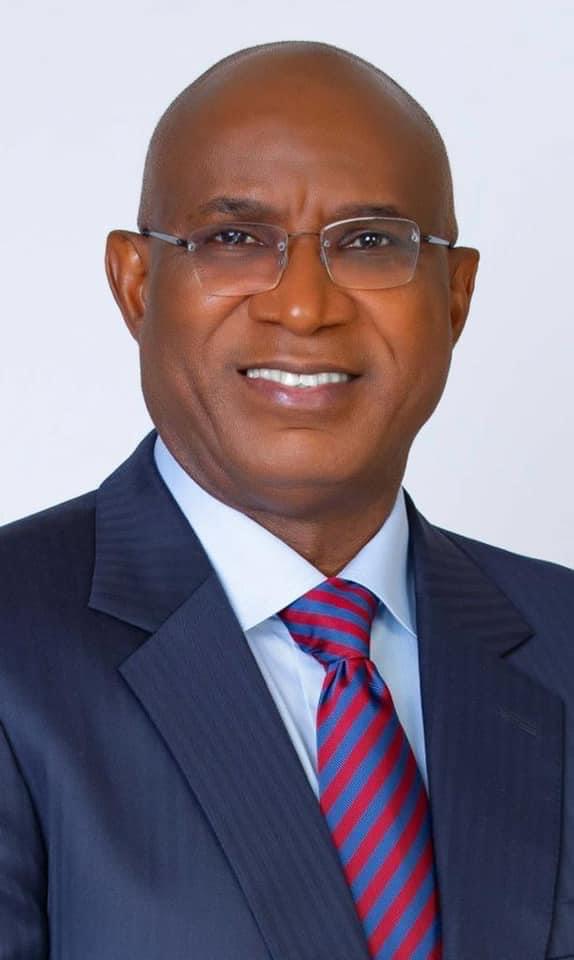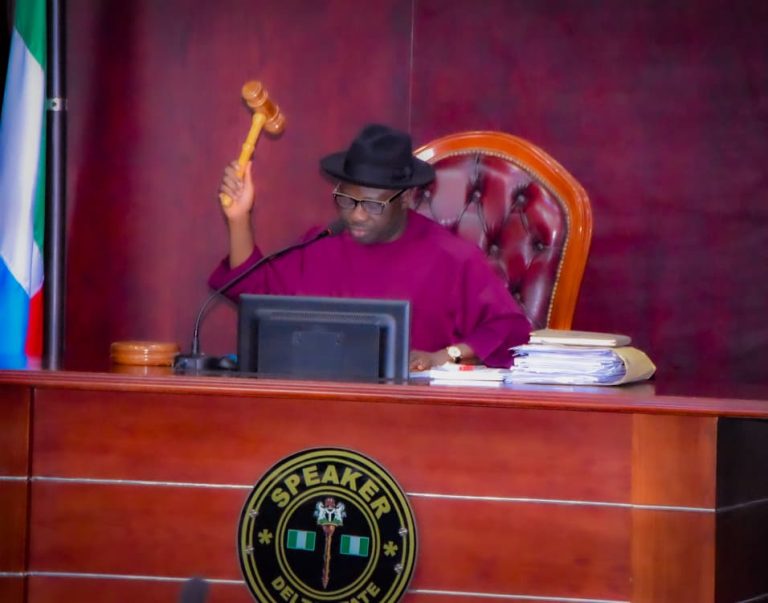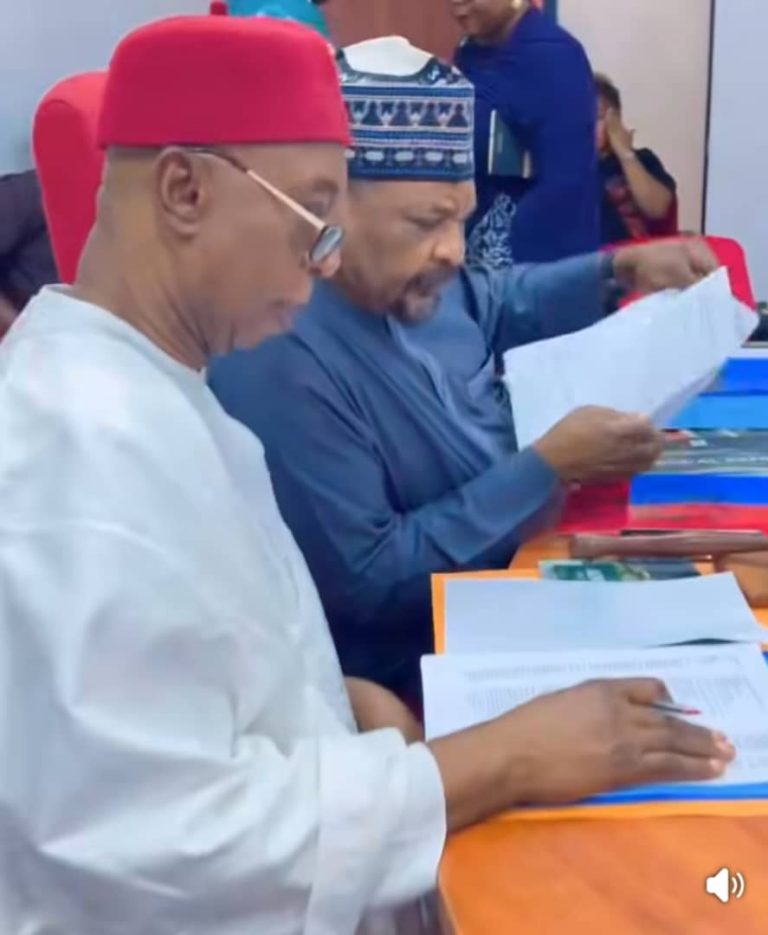
By Precious Chinyere Okoye
All over the Nigerian State today, as a tremendous oil-producing microcosm of Africa and the world in its entirety, there is currently this phenomenal issue of fuel subsidy removal; which, from solid researchable facts and keen observation, is apparently one of the most trending phenomena in the country at the moment. Just as the adage goes, there is no smoke without fire. But then, it will be more expedient to first encapsulate what subsidy signifies, before expatiating on the meat and potatoes of this issue.
As derived from the Old French word, “subsidie”, which means aid or support; subsidy denotes a financial grant paid by the government of a state to an economically productive enterprise that benefits the public, as a form of economic subvention and as part of the pecuniary wherewithal to carryout their economic activities; with the ensuant condition that the price of their products are kept low for the public to buy. Thus, the copernican benefits of subsidy to any sector of the economy, as regards the common man of the society, cannot be over-accentuated.
Fuel subsidy, one of the biggest subsidies which the Nigerian Government have ever granted to any industry, had been a major source of affordable livelihood to the penniless population of the country and even the well-to-do nationals; because of its abstract support in keeping the price of essential commodities low for easy purchase. Fuel subsidy had honestly been there for Nigerians when they have needed it; but then, where is it today that they need it the more?
In the midst of all its goodness, the fuel subsidy cannot be said to be without any defects. This is why, according to research, economists have been languishing for its subsequent discard from the nation’s economic scheme; with the assertion that it will help advance the economy and reduce the country’s economic burden. Well, I support to a reasonable extent, the disposition of the fuel subsidy, although not ignorant of its very ominous effects; due to some beneficial factors which do not exclude the treatment and adjustment of the following shortcomings.
Firstly, fuel subsidy had been a major drain of government money. Its partial inefficiency over the years had seemed and still seems like a waste of government finances which had been, upon all humongous amounts spent on it, grossly inadequate in erasing the country’s name from among the list of the poorest countries in the world.
Secondly, petrol subsidy in Nigeria occupied the greatest space among others, in the country’s budget. With its vast expenditure, it served as an incumbrance to significant infrastructural development. It therefore made Nigeria’s economic budget greatly unaccomplishable.
On a third note, the subsidy on petrol is confirmed to have benefitted the rich and well-to-do citizens of the state more, to the immense detriment of the economy, because they are the more-often users of fuel; than the poor population who by research, is discovered to consume a very little percentage of PMS in the country. “Evaluation,” stated Dr. Akinwumi Adesina, the president of the African Development Bank (ADB), “shows that the poorest 40% of the population consume just three percent of fuel.” Also in the words of Adesina, “The place to start with is the removal of the inefficient fuel subsidy.
Nigeria’s fuel subsidies benefit the rich, not the poor; fueling theirs [sic] and the government’s endless fleet of cars at the expense of the poor.”
Additionally, it has impoverished the country the more, by its continued draining of economic resources that could have otherwise, been used for national development. According to Adesina, while speaking during the presidential inauguration lecture in Abuja on Saturday, 27th May, 2023, “The continued payments to subsidise petroleum products is killing Nigeria’s economy.” He also explained that Nigeria keeps borrowing for what should not be borrowed for, and advised that such money should be channelled towards national development.
It has clearly been established from the preceding explanation that there are varying positive effects to the recent removal of fuel subsidy, which took place on Monday, May 29; as the currently sworn-in president, Asiwaju Bola Ahmed Tinubu, stated that there would no longer be a petroleum subsidy regime as the 2023 budget he glimpsed does not contain it. This was at the Eagles Square in Abuja. “We extol the decision of the outgoing administration in phasing out the petrol subsidy regime which has increasingly favoured some [privileged people] in Nigeria. Fuel subsidy can no longer justify its ever increasing cost in the wake of dying resource,” he added.
Notwithstanding, it is not to outrightly say that the removal of the fuel subsidy is the very best decision ever for the government to take, or that it is bereft of some disadvantageous side effects; taking some things into cognisance. First, the life of the poor population which it has pauperized the more, and other appalling fallouts it has produced and yet to produce. These challenges it poses to the Nigerian populace and economy do not exclude the underexposed.
The preeminent disadvantage of the fuel subsidy removal is the steep rise in price of fuel, all over the country. Indeed, there is one very good, noticeable fact about Nigerians; and that is, whenever the price of a commodity goes up, they – particularly the sellers – would not hesitate to announce it, and immediately start to sell their products at the increased price, even if they had bought them long before the increment. So pathetic, the reverse is however, the case. Nigerians tend to hide it when the price of the products they sell have decreased, so that they can cheatingly take advantage of the uninformed buyer. Oh, Nigerians! Who did this to us? Well, that was exactly how it just happened that very Monday. Even before the president finished his inaugural address, petrol sellers, both at filling stations and “black markets” all over the country, had started selling fuel at almost trice of the previous prices, per litre. This is the principal adverse effect of the fuel subsidy removal.
On a second note, increase in fuel prices has led to increased cost of transportation. People now find it difficult to move from one long distance to another, because they cannot afford the transport. This is a form of indirect restriction on freedom of movement as the populace view the sudden increment in transport-fare as being insensitive to their little economic capacity.
Thirdly, it has caused a great deal of hinderance to education, particularly in tertiary institutions. Lecturers who do not stay around the school environ now find it difficult to pay transport to come to lectures. This retards the growth of academics in schools.
Furthermore, the high cost of fuel and transportation has subsequently and coindentally increased the prices of other economic products in the nation, leading us to only-God-knows-where. For the fact that petroleum is the major export product of the country, and that it contributes mainly, over 80%, to the Federal Government’s revenue, and 90% of Nigeria’s foreign export earnings; wherever the price of its products especially petrol go, there the price of most other essential commodities go too. So as fuel price increases, most other products’ price follow suit.
Lastly, it has increased the cost of production due to increase in price of raw materials, arising from high fuel price which is now the root scourge of unforeseen hardship on the people; and hence, it has made many businesses unmanageable, also as a result of high cost.
Conclusively, we can therefore see that the negative impacts of the fuel subsidy removal are on the verge of overshadowing their inverses or positive counterparts, which burden is being saddled more by the impoverished population. Thus, will it not be prudent if the Nigerian Federal Government, in its cautious leniency and compassion on the populace, can endeavour to re-address this alarming phenomenon so as to avoid achieving the antitheses of what has been planned for the economy?
Okoye Precious Chinyere (Mrs),
100 level, Faculty of Law,
Delta State University, Oleh Campus.





